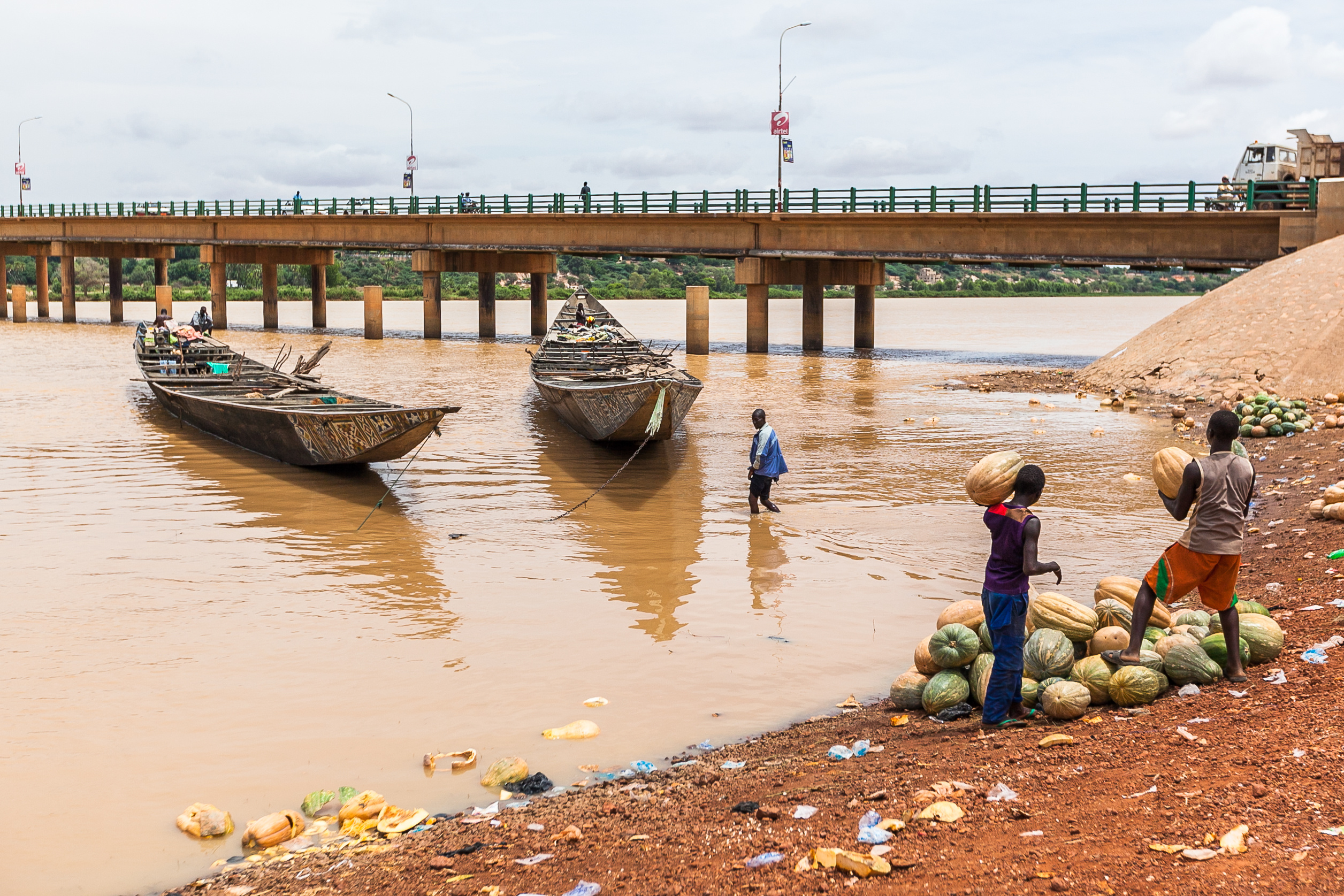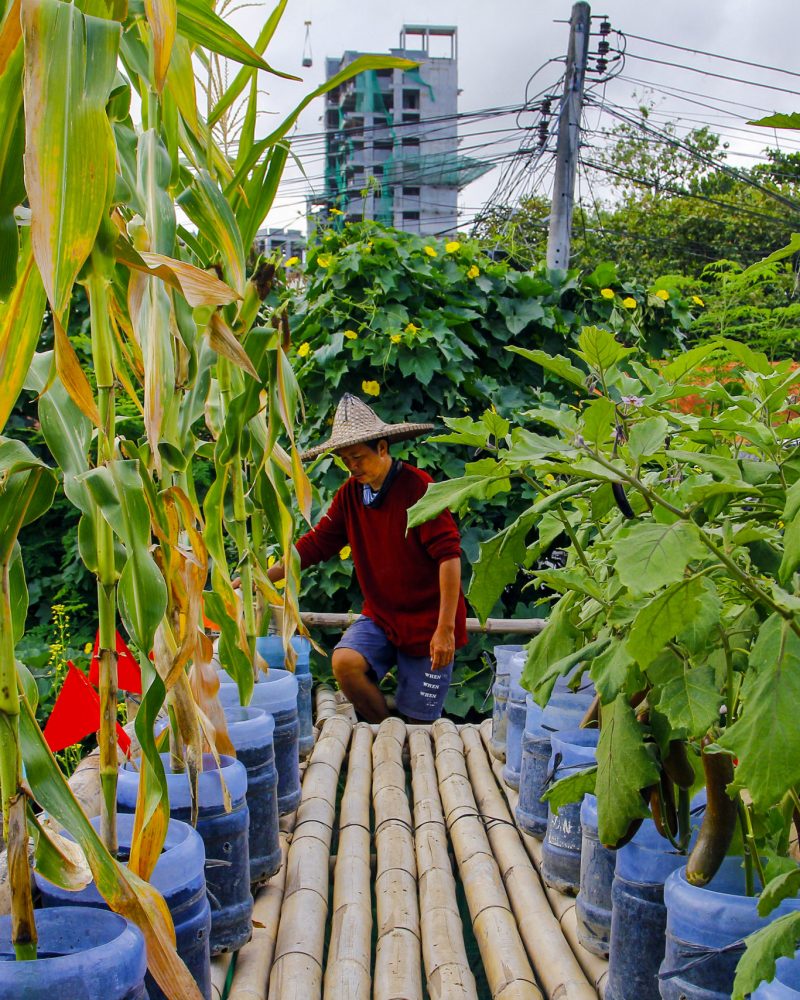Strategy development is standard procedure in international development, but without intentional planning it can lose the human element. As United States Agency for International Development (USAID) Administrator Samantha Power noted in her speech at Georgetown University, “to make aid inclusive…we need to listen to what our partner nations actually want.” External facilitation is one tool to advance this goal—by creating spaces for open contribution, integrating capacity strengthening, and building trust, we can more effectively lead by listening.
A New Strategy for USAID/Niger
For decades, Niger has been ranked as the least developed country in the world. Escalating conflict and severe climate vulnerability, which drive recurrent crises and food insecurity, compound entrenched multidimensional poverty. The government and people of Niger are grappling with these complex development challenges that require the best and most forward thinking solutions development partners have to offer. Following a democratic transition of presidential power, USAID reopened a full Mission in Niger and began the critical task of developing a Country Development Cooperation Strategy (CDCS).
Writing a CDCS is a nine-month process that requires significant cross-sector research, analysis, and reflection. A strong CDCS responds to local priorities, pulls from substantial evidence, and represents Agency priorities while charting a realistic way forward for the following five years. This was a daunting task for USAID/Niger’s small but mighty team. Not yet fully staffed, the team of fewer than 20 individuals represented six technical offices and were responsible for more than $150 million of annual assistance. As a Program Cycle Mechanism (PCM) Specialist, I was brought in to coordinate the strategy process. I completed three extended tours, spending nearly six months in Niamey. I facilitated multi-day whole-of-mission workshops, mapped resources, supported research design, built stakeholder engagement plans, and did lots of writing. The most important part of my job however, came down to building trust.
Starting with Trust
Building trust as an outside facilitator was essential. Strong relationships allowed me to engage both the Niger and Washington D.C. teams in a highly participatory process that empowered the Nigerien staff as strategy design leaders for their own country. Pulling on the core Environmental Incentives skills of facilitating co-creation and adaptive management, I structured a design process around the needs, skills, and resources of the team in Niger. For everyone to feel comfortable, I opened spaces for contributions in French or English. I captured inputs through group conversations and one-on-one discussions or in writing. As team members began to share their perspectives and priorities, I focused on mirroring their voices in the written approach. The more staff saw their voices reflected in our drafts, the more they felt their contributions were valued. Our process generated iterative written inputs we could continually review and improve as we honed our vision. We picked a mix of local staff and Foreign Service Officers to act as team co-leads for each development objective. While I worked behind the scenes to support them in meeting milestones and integrating strategy design best practices, our Nigerien staff were at the helm of decision-making each step of the way.
Working together with the team and our many Agency supporters, we created a plan for strategy development that integrated capacity-building throughout our process to build skills around key priorities. We engaged experts from across USAID, who provided strategic skill-building support on issues such as gender and sexual minorities, nomadic communities, climate change, resilience, and conflict sensitivity. Equipped with new training and information, local staff quickly adapted these insights to Niger. By working through an iterative and informed process, I supported the team to arrive at a clear consensus around priority results to address complex challenges. Ultimately, we completed the CDCS almost a month ahead of schedule with significant buy-in and agreement from both the teams in Niger and Washington, D.C. Over the next five years, USAID will use this strategy to provide catalytic support and ultimately unlock greater capacity for locally led development in Niger.



